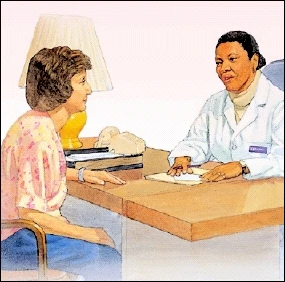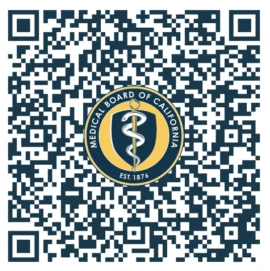

Gallstones are treated only if you have symptoms. Sometimes your doctor may simply want to monitor your condition. If treatment is done, it may include medication, ERCP, or surgery.
Medication
Medication can be given by mouth to dissolve some kinds of small stones. But it takes time for the medication to take effect. Stones may return. Medication is most useful for people who cannot have surgery.
ERCP
ERCP (endoscopic retrograde cholangiopancreatography) uses a thin tube with video and x-rays to locate stones and remove them from the common bile duct. ERCP may be done alone. Or it may be followed by surgery to remove the gallbladder.
Surgery
Surgery is done to remove gallstones and the gallbladder.
- Laparoscopic cholecystectomy uses small incisions to locate and remove the gallbladder.
- Cholecystectomy uses a larger incision to remove the gallbladder.
Prevent Future Symptoms
Once gallstones are dissolved or removed from the ducts, you may be able to prevent them from returning. How? By eating a low-fat diet. This means limiting your use of high-fat meat and dairy products and vegetable oils. Read food labels to be sure they're low in fat.


